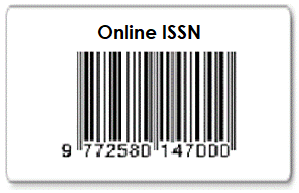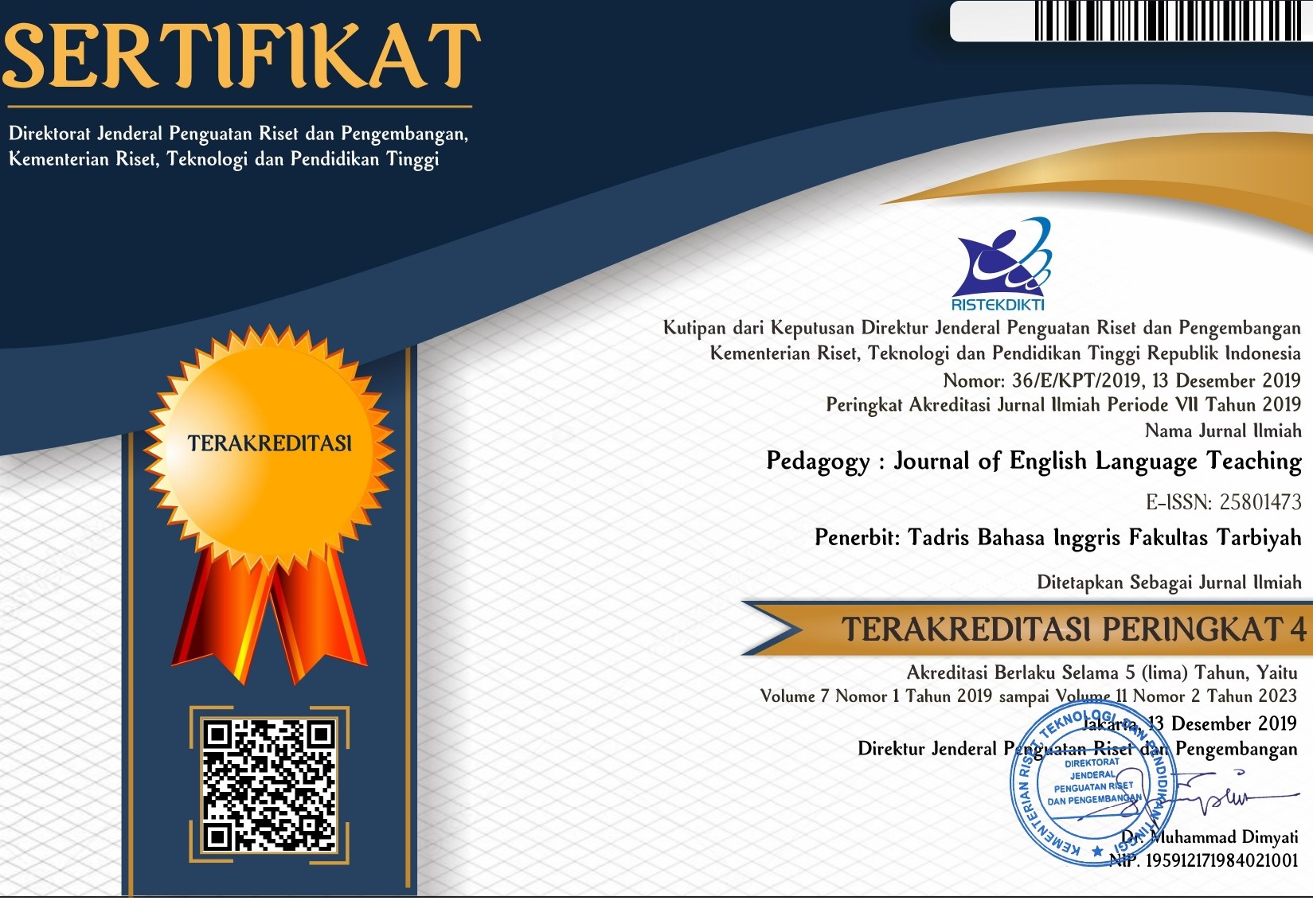Indonesian EFL Teachers’ Perceptions of Task-Based Language Teaching Approach
DOI:
https://doi.org/10.32332/joelt.v9i1.2194Keywords:
Indonesian EFL, secondary school, task-based language teaching, TBLT, teachers' perceptionsAbstract
Task-based language teaching is an approach applying tasks as a key point of pedagogical instruments. This study explores teachers’ perceptions of task-based language teaching in the secondary school context in Indonesia. Descriptive qualitative research design is used with data collected by using questionnaires. This study used purposive sampling to choose the sample. The findings showed that most of the junior and senior high school EFL teachers appeared to embrace positive attitudes towards practicing task-based language teaching, even though their knowledge of task-based language teaching is still low. All teachers in the study said they have implemented task-based language teaching in the classroom. All of them will continue to use TBLT. The implication of the study is to inspire other researchers to investigate task-based language teaching with greater confidence. The researcher hopes that this research will motivate curriculum designers and other researchers to explore more fully the views of those who are key to successful classroom implementation.
















